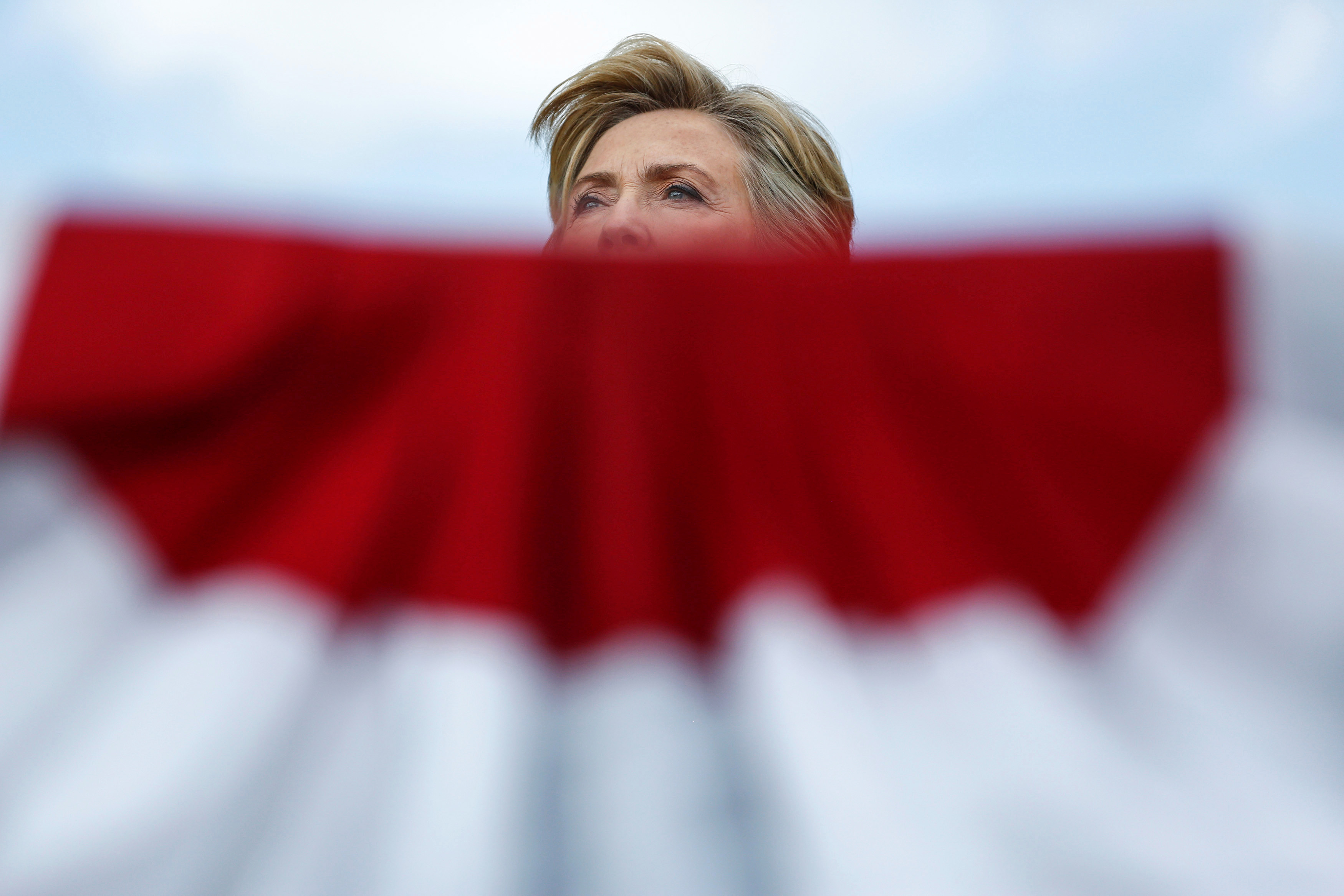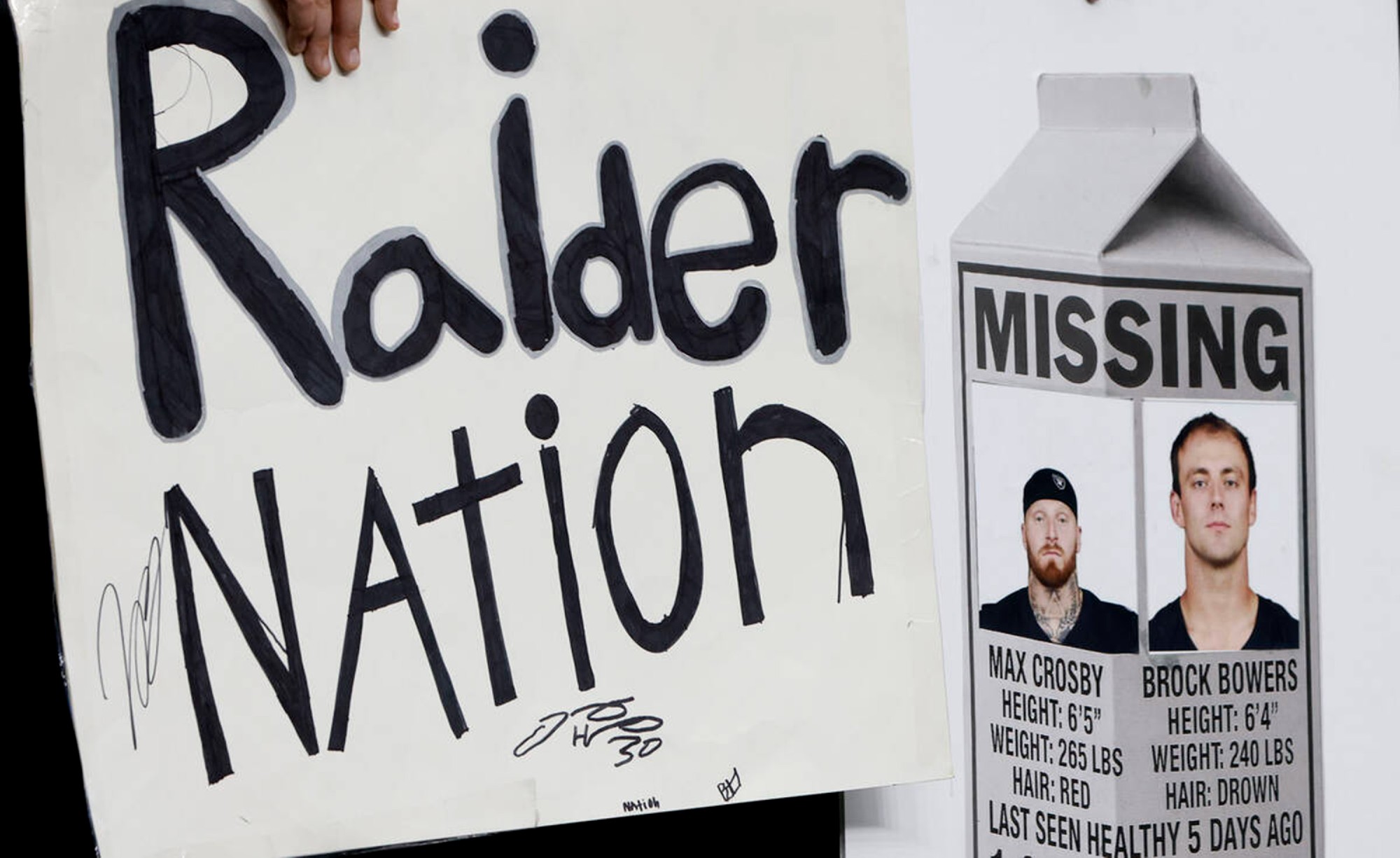The anti-establishment case for Hillary Clinton
Clinton seems spectacularly positioned to fail if elected. Who will be left to defend the establishment when she's had her turn with it?


The 2016 presidential election is almost a pure choice between the establishment and an anti-establishment candidate.
Hillary Clinton is the establishment. She's the candidate of think-tankers, wonks, and the established style of governance that has dominated the Western world since the end of the Cold War. She represents the standard managed capitalist vision at home. She's for big free-trade deals. And she is hawkish on defense issues in the Washington way, embracing the use of air power and proxies abroad to "shape" outcomes in America's favor. She sides with liberals in the culture war, but in a way that seems cautious and calculating. She is pious about gay rights now, but she was not pioneering then. She is politically correct, but not politically courageous. She says all the right things, once the left has made it compulsory for her to do so. The press is openly rooting for her in a way that is unprecedented in modern American politics.
That's because Donald Trump is the candidate running against almost all of the above. He pits himself against "globalism" — which is the populist word for what the establishment calls "internationalism." He opposes trade deals. He seriously questions the ever-freer movement of capital, goods, and people. He criticizes (sometimes hypocritically) America's post-Cold War foreign policy. He questions the utility of the NATO alliance. Hardly any think-tankers or policy experts work with his campaign. And Trump doesn't just question whether mass immigration is good for America. He questions whether the immigrants are really up to snuff as humans. For him, Mexicans are rapists and Middle Eastern refugees are terrorists in waiting. For his supporters, Trump's crudity is part of his broader assault on "political correctness," one that will pull down all the establishment's taboos and allow Americans to finally say what they really think again.
The Week
Escape your echo chamber. Get the facts behind the news, plus analysis from multiple perspectives.

Sign up for The Week's Free Newsletters
From our morning news briefing to a weekly Good News Newsletter, get the best of The Week delivered directly to your inbox.
From our morning news briefing to a weekly Good News Newsletter, get the best of The Week delivered directly to your inbox.
So it would seem to be straightforward. If you want to blow up the status quo and the system, vote for Trump. If you think the existing order and the existing direction of that order is worth defending, vote for Clinton.
But it's not that simple.
The intensity of populist attachment to Trump's candidacy is aided by his wealth, celebrity, and ability to dominate a news cycle. He seems to be the one populist who has a real shot to loosen the establishment's grip on both parties and cut a path to the White House. Many populists think Trump is their one shot.
But the better shot for the anti-establishment crowd may come if Hillary Clinton wins and torches whatever last shreds of credibility the establishment has left.
A free daily email with the biggest news stories of the day – and the best features from TheWeek.com
The post-Cold War political establishment is officially loyal to Clinton and hostile to Trump. But at the same time, the establishment must confront its own vices in Clinton: its fundamental clubbiness, its self-seeking, its overwhelming priority to "do well" while doing good, its habit of doing what is technically legal but obviously unethical. And at the same time, the establishment sees its virtues when it opposes Trump: its respect for facts, its liberality and graciousness. In other words, the establishment seems to be demoralized by having Clinton represent it. Correspondingly, it is re-moralized when it gets to oppose Trump. And its behavior in this election — siding overwhelmingly with Clinton in an election that is a referendum on the establishment itself — means that they will own the outcomes of her presidency.
Clinton seems positioned to fail spectacularly if elected. She does not have the ability to charm and quiet the press or the public the way Obama or Bill Clinton did. Her one political trick is trying to outwork her problems, and to show the public she is putting in lots of effort. But America may soon face another recession. Obama bequeaths to her America's involvement in four civil wars across the Middle East. America's involvement in Syria, Iraq, Libya, and Yemen has no actual support from the American public beyond its indifference. Another bomb or riot that turns into American casualties, and already her presidency is put on the defensive.
Clinton is experienced at failing. She failed to get health-care reform in the 1990s. She failed to win the Democratic nomination in 2008 when the process wasn't tilted entirely in her favor. The one piece of policy entrepreneurship she brought to the State Department was her advocacy for intervening in Libya's civil war, an ongoing disaster.
A vote for Clinton is a vote for a status quo that, when left to itself, can barely hide its exhaustion, self-hatred, and incompetence much longer. H.L. Mencken said that "democracy is the theory that the common people know what they want, and deserve to get it good and hard." The establishment deserves Clinton as its tribune. She reveals its competence as mere cleverness rather than wisdom. She is its idealism turned into a cold glare. She is the promise of revolution turned into a shoddy grift and a mirthless job.
Who will be left to defend the establishment when she's had her turn with it?
Michael Brendan Dougherty is senior correspondent at TheWeek.com. He is the founder and editor of The Slurve, a newsletter about baseball. His work has appeared in The New York Times Magazine, ESPN Magazine, Slate and The American Conservative.
-
 Is tanking ruining sports?
Is tanking ruining sports?Today's Big Question The NBA and the NFL want teams to compete to win. What happens if they decide not to?
-
 ‘Netflix needs to not just swallow HBO but also emulate it’
‘Netflix needs to not just swallow HBO but also emulate it’instant opinion Opinion, comment and editorials of the day
-
 Trump considers giving Ukraine a security guarantee
Trump considers giving Ukraine a security guaranteeTalking Points Zelenskyy says it is a requirement for peace. Will Putin go along?
-
 Bari Weiss’ ‘60 Minutes’ scandal is about more than one report
Bari Weiss’ ‘60 Minutes’ scandal is about more than one reportIN THE SPOTLIGHT By blocking an approved segment on a controversial prison holding US deportees in El Salvador, the editor-in-chief of CBS News has become the main story
-
 Has Zohran Mamdani shown the Democrats how to win again?
Has Zohran Mamdani shown the Democrats how to win again?Today’s Big Question New York City mayoral election touted as victory for left-wing populists but moderate centrist wins elsewhere present more complex path for Democratic Party
-
 Millions turn out for anti-Trump ‘No Kings’ rallies
Millions turn out for anti-Trump ‘No Kings’ ralliesSpeed Read An estimated 7 million people participated, 2 million more than at the first ‘No Kings’ protest in June
-
 Ghislaine Maxwell: angling for a Trump pardon
Ghislaine Maxwell: angling for a Trump pardonTalking Point Convicted sex trafficker's testimony could shed new light on president's links to Jeffrey Epstein
-
 The last words and final moments of 40 presidents
The last words and final moments of 40 presidentsThe Explainer Some are eloquent quotes worthy of the holders of the highest office in the nation, and others... aren't
-
 The JFK files: the truth at last?
The JFK files: the truth at last?In The Spotlight More than 64,000 previously classified documents relating the 1963 assassination of John F. Kennedy have been released by the Trump administration
-
 'Seriously, not literally': how should the world take Donald Trump?
'Seriously, not literally': how should the world take Donald Trump?Today's big question White House rhetoric and reality look likely to become increasingly blurred
-
 Will Trump's 'madman' strategy pay off?
Will Trump's 'madman' strategy pay off?Today's Big Question Incoming US president likes to seem unpredictable but, this time round, world leaders could be wise to his playbook
